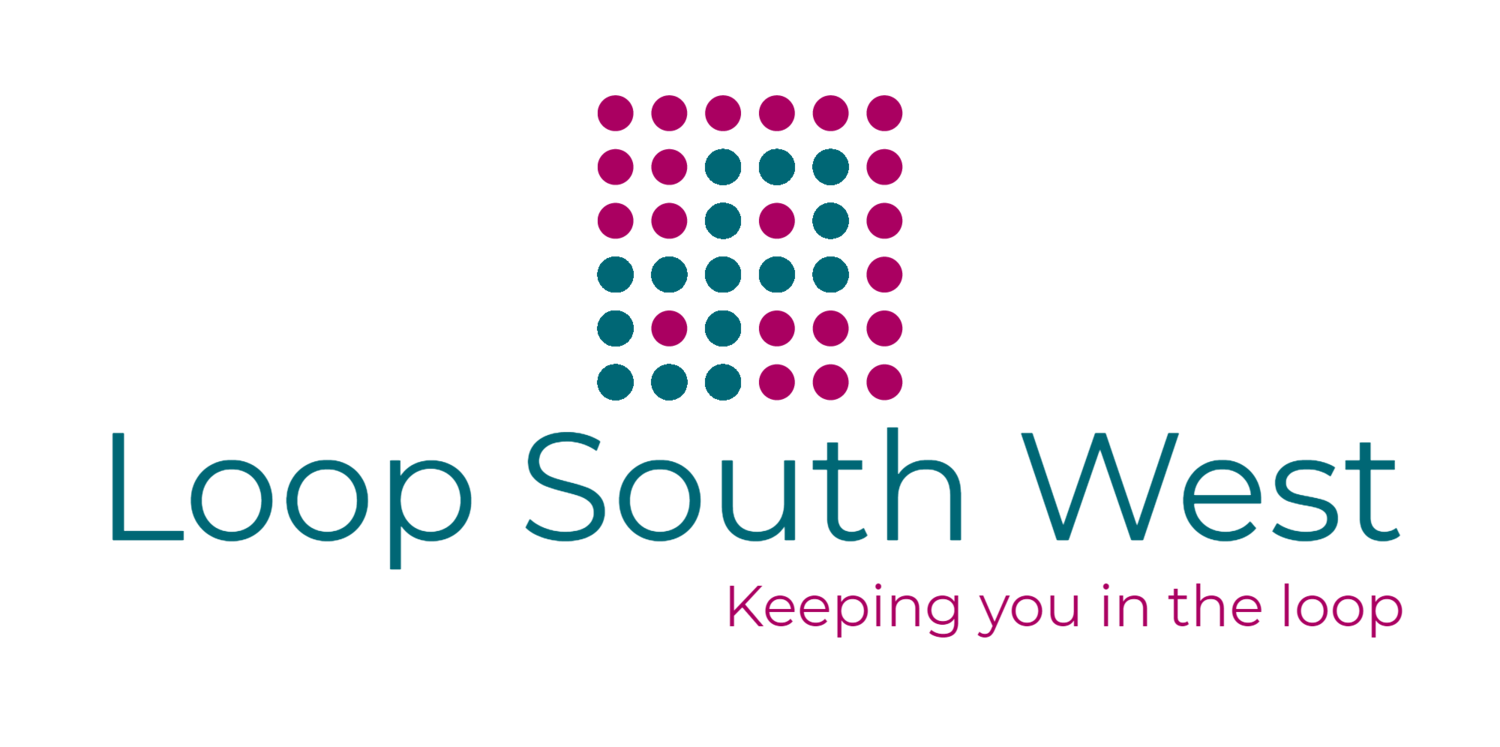Employee ownership model set to grow in popularity, says Clarke Willmott
The growing popularity of employee ownership trusts (EOTs) is set to continue among exiting business owners, according to national law firm Clarke Willmott LLP.
Employee ownership trusts provide an alternative for business founders looking to exit or retire. Rather than selling to an external buyer, the owners of the company can sell their shares to the EOT, which holds them on trust for the benefit of employees.
Almost 500 EOTs were set up in 2022 – more than double the number established the year before.
Businesses that are employee owned include household names such as John Lewis, Unipart and Bristol’s Oscar-winning Aardman Animations, while recently Devon-based organic veg box business Riverford became 100 per cent employee owned following the sale of founder Guy Singh-Watson’s remaining shares.
Tom Potts, a partner in Clarke Willmott’s corporate team who is based in Taunton, has advised on the sale of several well-established family businesses to employee ownership trusts.
Speaking ahead of this year’s EO Day on Friday, 23rd June - when thousands of employee owners, EO businesses and supporters of employee ownership from across the UK come together to raise awareness of the benefits and impact of employee ownership - Tom Potts said that EOTs provide numerous benefits:
Tax – there can be significant tax benefits for the selling shareholders, including an exemption from capital gains tax. Ease – typically a sale to an EOT will be a “friendlier” transaction than a third party sale. There will generally be minimal negotiation (saving time and legal costs) and the final terms will usually be less onerous for the selling shareholders.
Resolution – they provide an option for selling a company where an appropriate buyer cannot be found.
Positive legacy – for some founders, it is a way of “giving something back” to their employees and creating a positive legacy. Often, there are greater opportunities for the sellers to remain involved in the business following the sale.
“Just recently we have seen another successful business, Riverford, become 100 per cent employee owned and I expect the growing appetite for EOTs among business owners to continue for the foreseeable future,” says Tom Potts.
“Nonetheless, it goes without saying that business owners still need to consider several factors before going down this road. For example, an employee ownership trust will rarely be able to pay the full purchase price for the shares on completion, so payments are typically deferred over several years.
“In addition, the ability of the EOT to pay will depend on the future financial performance of the trading company and options for securing these payments may be limited. This means there is an inherent risk that you will never receive the full amount.
“Then there is the issue of trusted leadership. There will need to be managers in the business who can be trusted to take over the running of the company when you depart (not least as your future payments may well depend on this). It can take a number of years to build a suitable team.”
In addition, Tom Potts says that in order to receive the substantial tax advantages involved, an EOT needs to comply with strict statutory requirements.
“It is therefore critical to take advice from an accountant and a solicitor with demonstrable experience in employee ownership trusts.”
Clarke Willmott is a national law firm with offices in Birmingham, Bristol, Cardiff, London, Manchester, Southampton, and Taunton.
For further information visit www.clarkewillmott.com.





